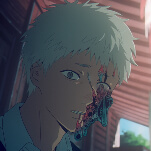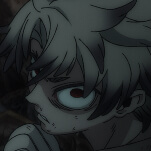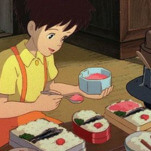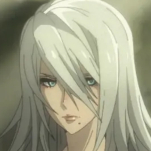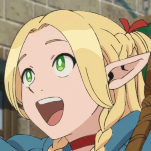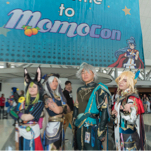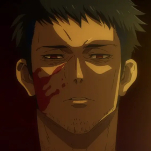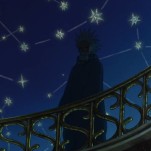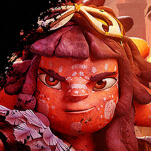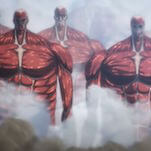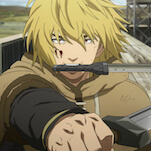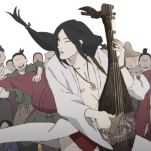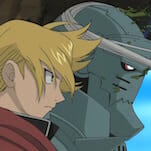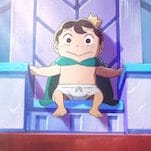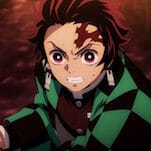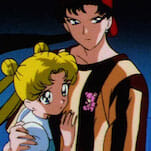TV Rewind: Fullmetal Alchemist: Brotherhood Sets the Bar for Storytelling in Anime and Beyond
Photos Courtesy of Aniplex of America
Editor’s Note: Welcome to our TV Rewind column! The Paste writers are diving into the streaming catalogue to discuss some of our favorite classic series as well as great shows we’re watching for the first time. Come relive your TV past with us, or discover what should be your next binge watch below:
![]()
While it wasn’t the first anime I ever watched, Fullmetal Alchemist: Brotherhood is always the first show I point people towards when they want to start their foray into the world of Japanese animation.
Having watched the 64 episode series several times over the last 10 years, it is undoubtedly one of the greatest stories ever told in the animated medium, and is up there with some of the best television shows of all time, period. The anime adapts the story of Hiromu Arakawa’s 27 volume Fullmetal Alchemist manga, following alchemist brothers Edward and Alphonse Elric as they journey across the country of Amestris with the ultimate goal of finding a way to get Al’s body back after a botched transmutation. The brothers are pulled into a deep-rooted conflict that reaches back hundreds of years, and while this is the force that drives the action of the series, the overarching theme deals with grief, loss, and trauma in incredibly complex ways.
When you look at the bones of the series, Fullmetal Alchemist: Brotherhood has the advantage of an incredibly well developed world, and unlike the first attempt to adapt the manga that aired in 2003, the story was completely finished when the series was produced, meaning that any creative liberties that were taken still ultimately led to the same ending. The Elric Brother’s home country of Amestris has a rich history, and it isn’t all immediately shoved in your face in the first episode. Information is only revealed as needed, and there isn’t a single thing that you learn about Amestris and the rest of the world around it that is unimportant to the story. Worldbuilding is something that is so regularly underappreciated in media of all kinds, but Fullmetal Alchemist: Brotherhood is one of the few pieces that proves it’s integral to a show actually being good.
With such a well established environment for the story to be set in, the rest of the series can focus on the emotional journeys of the rest of the large ensemble cast. Even the most minor recurring characters are given fleshed-out backstories that fuel their actions, and even though this aspect of the writing would technically fall into the character development category, it makes for stronger worldbuilding as well. By acknowledging that every even slightly important character has motivations behind what they do, it makes the stakes the story sets more believable. Sure, a large event is going to affect the main characters that have the power to make it out alive, but more often than not audiences aren’t given a closer look as to how those things may affect a member of the general population.
A large portion of the things that the characters go through (at least the ones from Amestris) are driven in some way or another by the Ishvalan Civil War, either as victims of its violence or as someone who perpetrated the violence. It is clearly established that even the characters who did terrible things are traumatized by what they did, but instead of excusing them for their actions, it’s simultaneously established that while there were greater powers pulling the strings, they are ultimately responsible for their choices. For many of the characters in the Amestrian Military, they go through the story trying to right the wrongs that they know they cannot truly be forgiven for.
-

-

-

-

-

-

-

-

-

-

-

-

-

-

-

-

-

-

-

-

-

-

-

-

-

-

-

-

-

-

-

-

-

-

-

-

-

-

-

-



